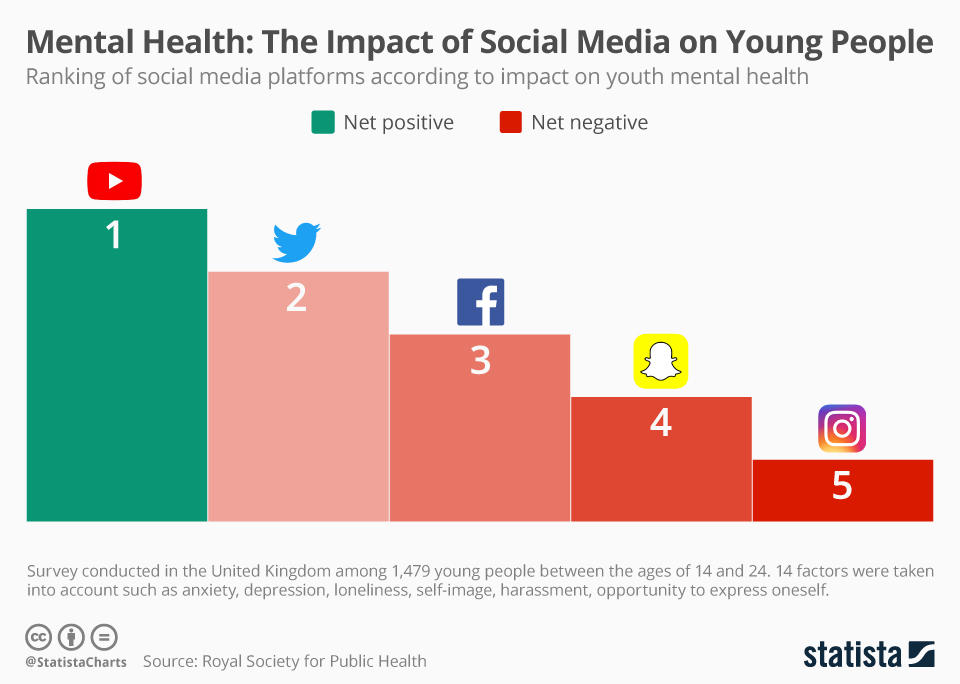Introduction
Eating is an essential part of our daily lives, yet it’s often something we do without much thought. In our busy world, we frequently consume our meals on the go, in front of screens, or in a rush, paying little attention to what we’re eating or how it makes us feel. This disconnected way of eating can lead to overeating, poor digestion, and a lack of appreciation for the nourishment food provides.
Enter mindful eating—a practice rooted in ancient wisdom that encourages us to savor our meals, be fully present in the moment, and pay attention to our body’s cues. Mindful eating isn’t just about what you eat but also about how and why you eat. It’s a holistic approach to nourishment that can have profound effects on your overall health and well-being.
What is Mindful Eating?
At its core, mindful eating is about cultivating awareness and intention around your food choices and eating habits. It encourages you to be present during meal times, engage your senses, and listen to your body’s hunger and fullness cues. Mindful eating can be summarized as follows:
Eating with Awareness: Instead of mindlessly devouring your meal, pay attention to each bite. Savor the flavors, textures, and smells of your food. Take your time to chew thoroughly and truly experience each mouthful.
Listening to Your Body: Tune in to your body’s signals of hunger and fullness. Eat when you’re genuinely hungry and stop when you’re satisfied, not when your plate is empty or out of habit.
Removing Distractions: Avoid eating in front of the TV, computer, or smartphone. These distractions can lead to overeating as you’re not fully aware of what and how much you’re consuming.
Mindful Choices: Make conscious food choices. Consider the nutritional value of your meals and opt for foods that nourish your body rather than those that simply fill you up.
Appreciating Food: Cultivate gratitude for the food on your plate and the effort that went into preparing it. Recognize the interconnectedness of food and the environment.
Benefits of Mindful Eating
The practice of mindful eating offers a wide range of benefits, both for your physical and mental health. Here are some of the compelling reasons to incorporate mindful eating into your life:
Weight Management: Mindful eating can help prevent overeating and reduce emotional eating, which are common contributors to weight gain. By paying attention to hunger and fullness cues, you’re more likely to maintain a healthy weight.
Improved Digestion: Chewing your food thoroughly and eating slowly aids in better digestion, reducing the likelihood of digestive discomfort such as bloating and indigestion.
Enhanced Food Enjoyment: When you’re fully present while eating, you can truly savor the flavors of your food. This heightened appreciation for meals can lead to greater satisfaction and enjoyment.
Better Nutrient Absorption: Mindful eating allows your body to better absorb nutrients from your food. When you eat slowly and chew well, your body can extract more of the essential vitamins and minerals from your meals.
Stress Reduction: Mindful eating encourages relaxation and reduces stress. By focusing on the present moment, you can disconnect from worries and anxieties, promoting overall well-being.
Improved Relationship with Food: This practice can help you develop a healthier relationship with food, freeing you from guilt or negative emotions associated with eating.
Enhanced Self-Control: Mindful eating can strengthen your self-control and reduce impulsive eating, helping you make better food choices.
Now that you understand the benefits of mindful eating, let’s explore some practical tips to help you incorporate this practice into your daily life.
Practical Tips for Mindful Eating
Start with a Gratitude Ritual: Begin your meal by expressing gratitude for the food in front of you. This simple act can set a positive tone for your eating experience.
Set the Scene: Create a pleasant and distraction-free environment for your meals. Turn off the TV, put away your smartphone, and sit down at a table.
Engage Your Senses: Before taking your first bite, take a moment to observe the colors, textures, and aromas of your food. This sensory experience can enhance your meal.
Chew Mindfully: Chew each bite thoroughly, savoring the flavors. Put your utensils down between bites to slow down the eating process.
Listen to Your Body: Pay attention to your body’s hunger and fullness cues. Are you eating out of hunger, or is it boredom or stress that’s driving you to eat?
Mindful Portion Control: Be mindful of portion sizes. Use smaller plates to help control portion sizes and prevent overeating.
Eat Without Judgment: Avoid labeling foods as “good” or “bad.” Allowing yourself occasional indulgences without guilt is an important aspect of mindful eating.
Practice Mindful Snacking: Apply the principles of mindful eating to snacks as well. Choose healthy snacks and eat them with intention rather than mindlessly munching.
Reflect After Eating: Take a moment to reflect on your meal once you’ve finished. How do you feel physically and emotionally? This self-awareness can help you make better choices in the future.
Make It a Habit: Like any skill, mindful eating takes practice. Start by incorporating it into one meal a day and gradually expand to more.
Conclusion
Mindful eating is a powerful practice that can transform your relationship with food and contribute to your overall well-being. By embracing mindfulness in your eating habits, you can enjoy the benefits of improved digestion, weight management, reduced stress, and a deeper appreciation for the nourishment food provides. So, slow down, savor each bite, and make mindful eating a part of your daily life. Your body and mind will thank you for it.




